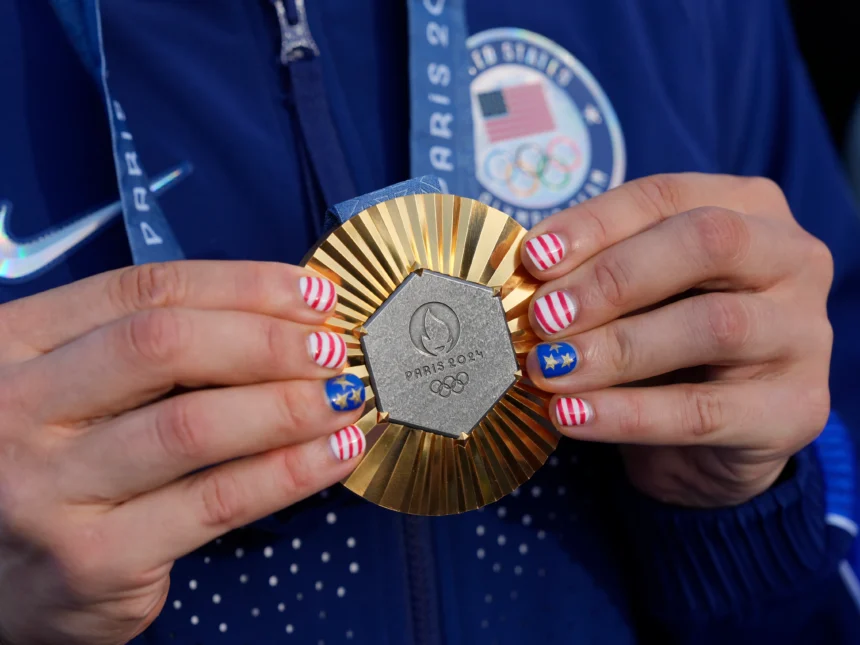The 2024 Olympic Games in Paris have come and gone, with the United States sitting proudly on top of the medal charts for the eighth consecutive time.
The American squad brought home an impressive haul of 126 medals – 40 gold, 44 silver and 42 bronze – proving why they are a sporting behemoth.
However, while the US is still patting itself on the back for their successes in France, there is an intriguing narrative brewing in New Zealand.
New Zealanders also produced terrific performances at the Summer Olympics but have been overshadowed by their larger counterparts.
If you take a closer look at the data, analysing the Kiwis’ Paris outings through the lens of medals per capita, you begin to see why they deserve plenty of praise.
New Zealand has a population of just over 5.3 million people but secured 20 medals in Paris. This placed them fourth on the medals per capita table behind Grenada, Dominica and Saint Lucia.
Apart from rugby and kayaking, it is hard to think of another sport where the New Zealanders were favourites with the online bookmakers.
Numerous Kiwi athletes were the outsiders in their respective events, but defied the odds to bring a medal home. Their efforts secured several sizeable payouts for sports bettors.
Punters were eagerly searching for the best betting sites New Zealand had to offer at the Olympics, yet it is many of the unheralded athletes who made the biggest headlines.
When using the medals per capita list to judge New Zealand, their achievements in Paris become even more remarkable.
Despite the US leading the overall medal count, they are 47th on this list. This disparity is even more pronounced when comparing New Zealand to China, who were ranked 75th.
New Zealand computer scientist Craig Nevill-Manning created the medals per capita website, which provides a different perspective that goes under the radar.
The website gained popularity after it was launched in 2008, with many people sharing its data across social media while highlighting the disparities.
He has kept it going during subsequent editions Summer and Winter Olympics, and his data has been used by global media organisations such as the BBC and NBC in recent years.
“One of the interesting things is the traffic tends to come from the little countries that do really well,” Nevill-Manning said. “There are a whole bunch of countries that have amazing athletes. They don’t win many medals, but they are tiny.”
Nevill-Manning’s data approach to understanding Olympic success shows that New Zealand’s achievements are even more impressive than many larger countries.
The medals per capita metric helps us to understand that several smaller nations deserve massive plaudits for their achievements. It also challenges the conventional narratives dominated by countries with much more resources and a larger population.
New Zealanders should even take more pride in their performance at the Olympics. The 11th-place finish on the overall medal chart does not tell the complete story.
The US pumps billions of dollars into its sports market annually as it is one of the most commercially viable sectors in the world.
While they won a mind-blowing number of medals, their efforts look less remarkable when viewed through the prism of per capita performance.
Countries with fewer resources and a smaller pool of athletes excel on the world stage when their success is measured against their population.
This medals per capita metric is a refreshing way of analysing Olympic success and may well become a mainstream measurement framework in the future.
New Zealanders must feel more pride for their showings at the event. Considering their size, their accomplishments on the Olympic stage deserve fare greater recognition.


